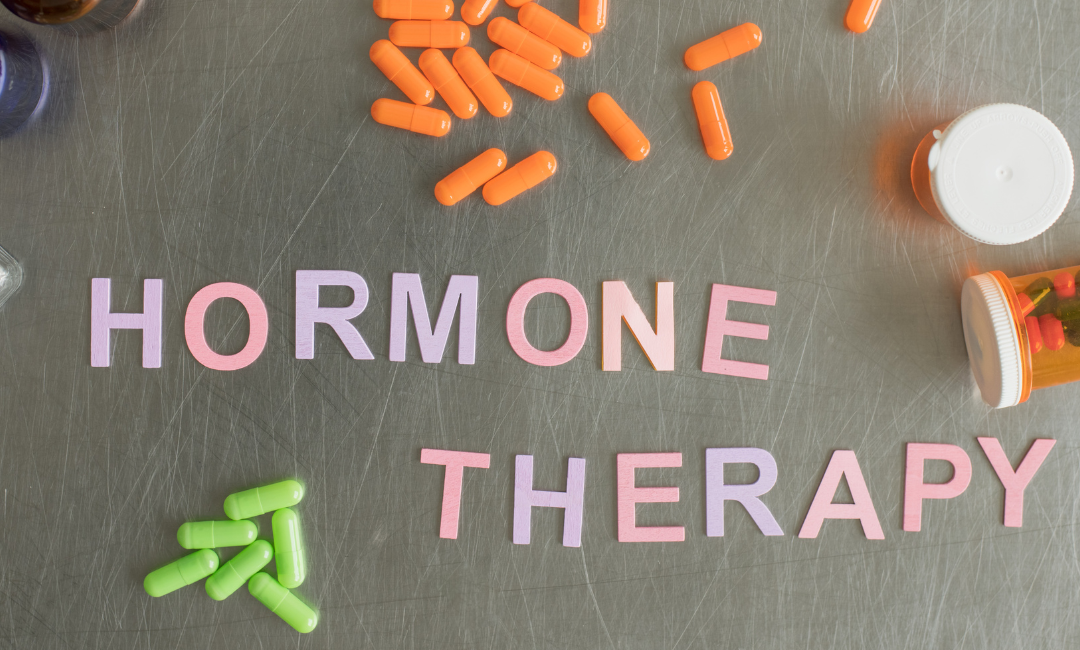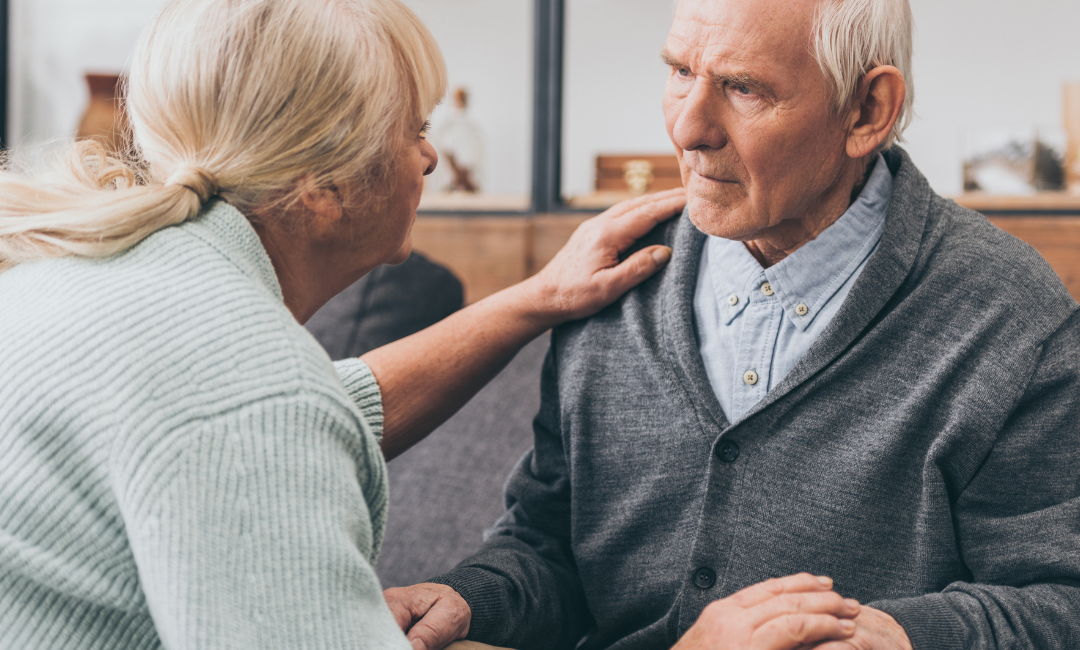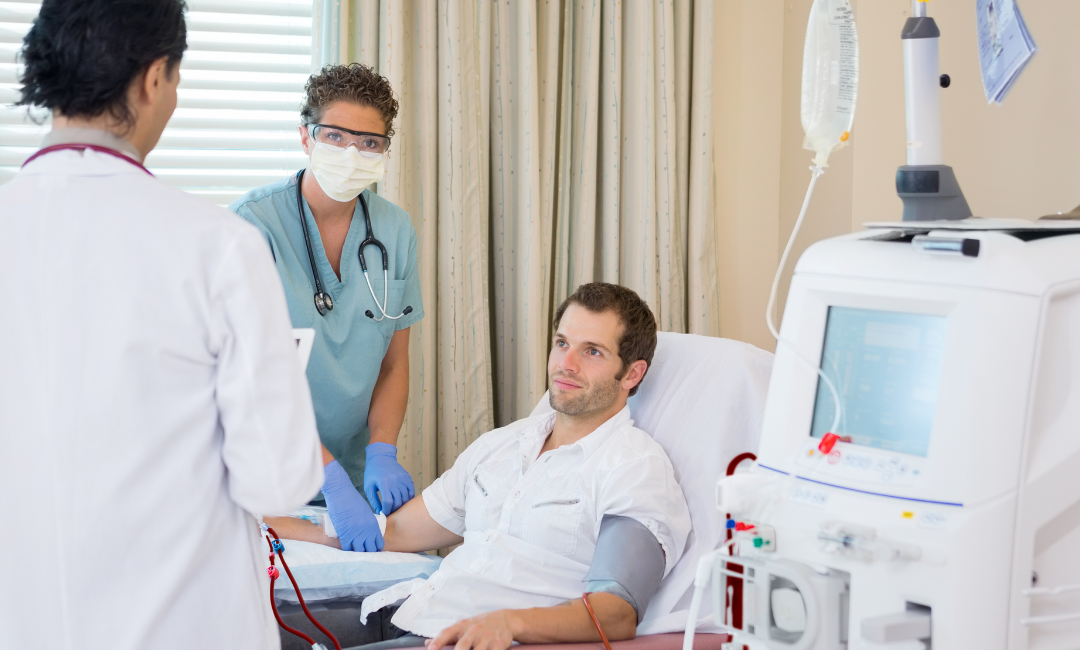What Resources Are Available for Women to Learn More?
Besides identifying the symptoms of a heart attack in women, nurses can help their patients by pointing them to additional services. Often our time with a patient is so brief in the hospital and there is so much more information available for them. Several resources are available to help women prevent or recover from heart attacks. These resources include educational materials, support networks, online platforms, and healthcare services. Here are some valuable resources:
American Heart Association (AHA):
The AHA provides a wealth of information on heart disease prevention, heart-healthy living, and recovery from heart attacks. Their website offers articles, guides, videos, and interactive tools to help women understand their risks and take proactive steps to improve heart health.
WomenHeart:
The National Coalition for Women with Heart Disease: WomenHeart is a nonprofit organization dedicated to providing support and education to women living with or at risk for heart disease. They offer resources, online support groups, and community-based support networks.
Go Red for Women:
This campaign, also initiated by the AHA, focuses on raising awareness about heart disease in women. Their website offers educational materials, heart-healthy recipes, and information on local events and activities.
National Heart, Lung, and Blood Institute (NHLBI):
Part of the National Institutes of Health (NIH), NHLBI provides resources and research-based information on heart health. They offer guides on heart-healthy living and heart disease prevention, including resources specific to women.
Cardiac Rehabilitation Programs: These programs are designed to help individuals recover from heart attacks and other heart-related conditions. They typically involve supervised exercise, education, and support to improve heart health and reduce risk factors. Ask your healthcare provider about cardiac rehabilitation programs available in your area.
Local Hospitals and Clinics: Many healthcare facilities offer support groups and educational sessions on heart health. These sessions can be beneficial for women who want to learn more about heart disease prevention and recovery.
Telemedicine and Health Apps: There are various telemedicine services and health apps that can provide personalized guidance on heart health, including monitoring risk factors, tracking medications, and lifestyle changes. A popular health app is MyFitnessPal which helps track meals, weight, movement, and more.
Community Events and Workshops: Local community centers, health organizations, and hospitals often host workshops, seminars, and events focused on heart health. Attending these events can provide valuable information and networking opportunities.
Healthcare Providers: Your primary care physician or cardiologist is a valuable resource for personalized advice on heart health, risk assessment, and prevention strategies.
Online Support Forums and Social Media Groups: Joining online communities focused on heart health can provide a supportive environment where women can share experiences, ask questions, and find encouragement.
Remember, the information obtained from online resources should be from reputable sources such as medical organizations and government health agencies. It is always essential to consult with qualified healthcare professionals for personalized advice and treatment plans based on individual health needs.









